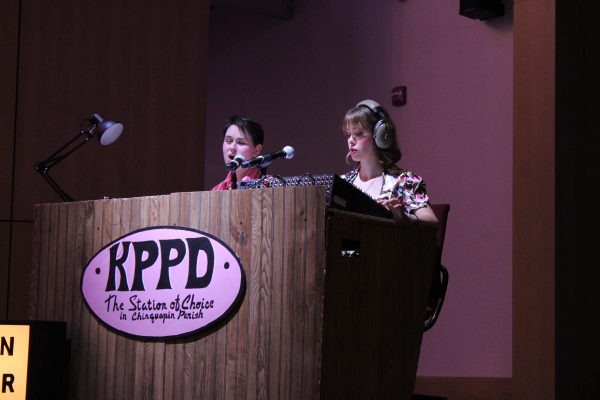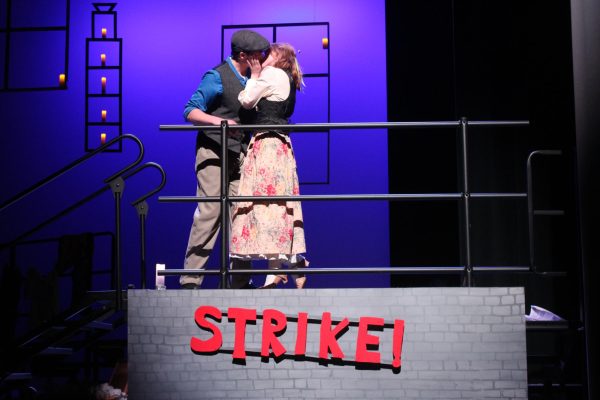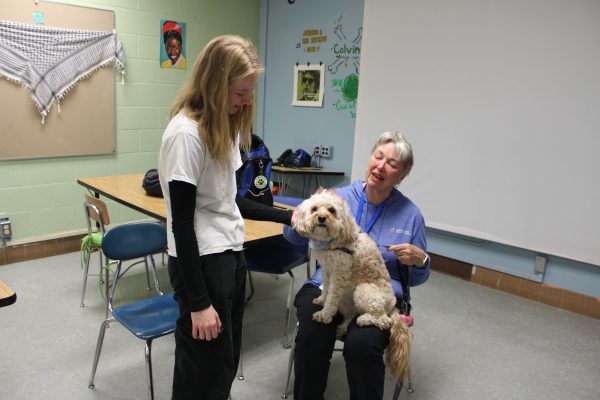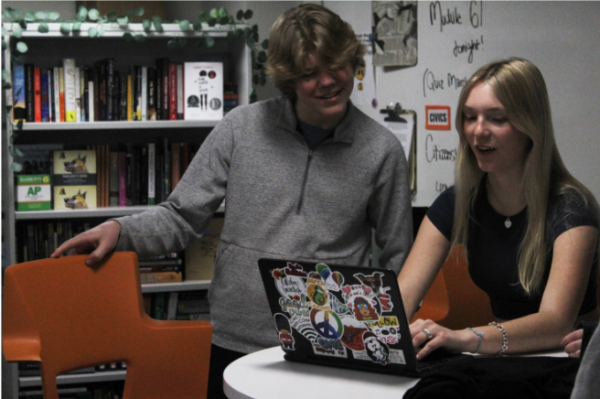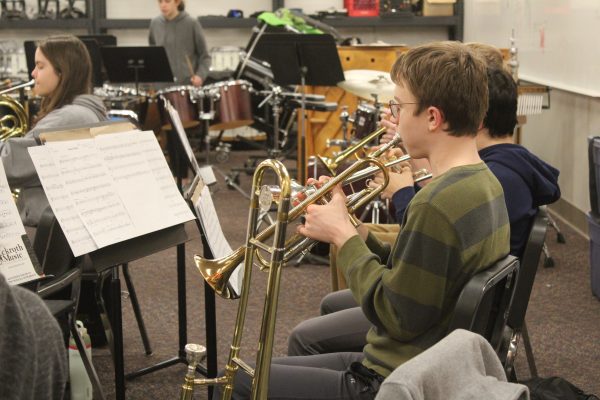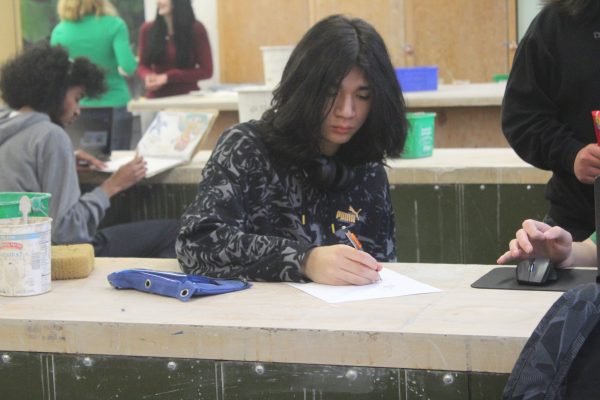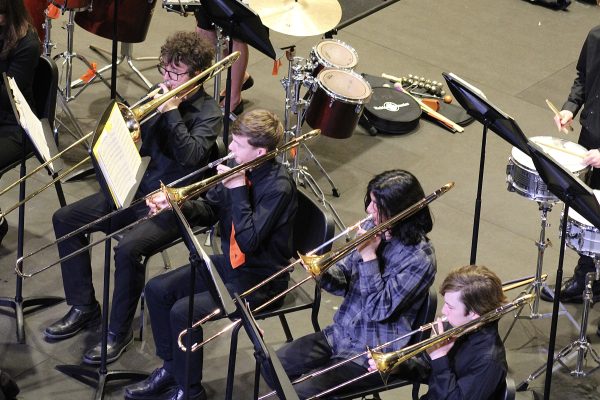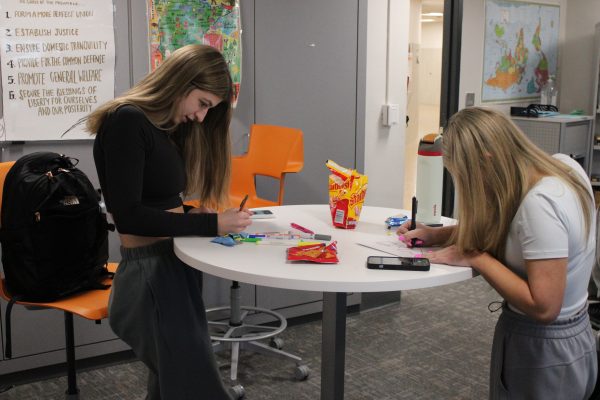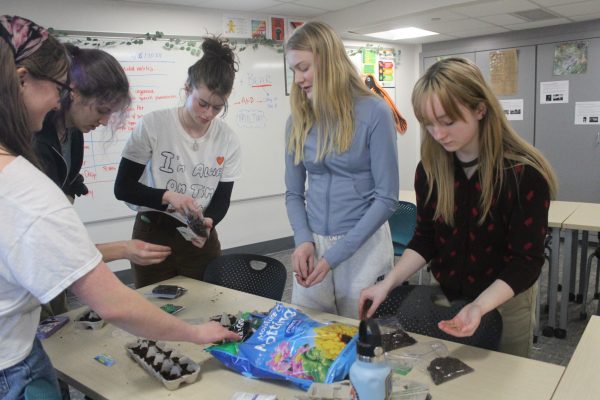Equity coach Joy Esboldt
October 11, 2016
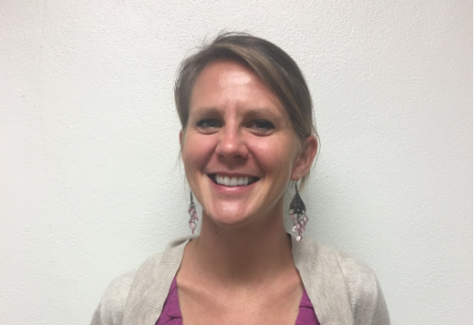 What do you feel is the main purpose of your job? Who does it impact?
What do you feel is the main purpose of your job? Who does it impact?
“The purpose of our work is to help ‘build educators’ will, skill and capacity to disrupt systemic racism in order to impact student achievement and experiences at St. Louis Park Public Schools.”
What is your favorite part of your job?
“The team of coaches I am a part of and their expertise, the teachers I have the privilege of learning from, and our students who are showing up fully in their brilliance.”
Do you feel equity at Park is a growing problem or something that can be fixed?
“Both. I think we live in a space and time where issues of racial equity are urgent and pressing. I fully believe that we can impact student experiences and achievement. The history of inequity, the history of race, the history of racism in this country is deep and pervasive. It is much larger than what occurs within the walls of our school, but I do believe we have an incredible staff of educators who are devoted to doing their best by students.”
What sort of things do you offer to the school to combat the problem?
“Our job consists of a lot of different components; it can look different depending on what is most helpful for individual teachers. The main elements are that we observe teachers and have reflective conversations or coaching conversations with them afterward. Some of my most valuable learning has come from reflective spaces. We also support professional development at the building and district level, but are by no means the only people that do that.”
Do you think that equity should be something more discussed?
“I was socialized to believe that it was bad to be racist and so we would avoid that at all costs by not saying anything about race unless someone else did something really racist and then we would talk about how that wasn’t okay. I didn’t learn about the history of segregation, redlining. As a result, when I started engaging in conversations about race I felt really uncomfortable. I also wasn’t aware that even though I had tried to be ‘color blind’, studies show that people aren’t actually color blind. I think we need to talk about it, need to build skills around talking about, and ask questions about it continually.”
How do you think we can achieve equity within Park? Is it achievable?
“I think it will require every member of our school committed to seeing the full humanity of everyone else and reclaiming that full humanity for themselves. I think it requires people speaking up when they notice things, people committed to one another and one another’s growth and learning, and being willing to change the status quo and past practice.”
Do you feel our school has any good programs and/or clubs that deal with equity?
“I am hesitant to offer a list because I know it won’t be exhaustive. I know that Chris Weaver does a lot with students and groups. Oscar Reed has facilitated groups as well as do some of our counseling and social work staff. SOAR (Student Organization Against Racism) is another place. The thing that I would offer though is that equity can be the lens through which we look at everything — Student Council, National Honor Society, Math Team — these are all spaces where equity conversations can exist. Also, I think it’s beautiful that there are things I don’t know about because the Equity Coaches are not the only spaces or faces of Equity.”
What are some ways to get people more involved or aware of equity at Park?
“I think student voice is a really really powerful thing. I hope that as students see teachers start to talk about it more they will share their experiences and ask questions.”
What are some of the best approaches to comfortably discuss equity?
“Speak from your personal experience and speak about it specifically. Don’t make generalizations to whole groups. The personal story is really powerful. Growing up, I thought race was just for people of color. How silly, white people have a race too. Even if I’m in a group of only white people, or my class is only white people, or my neighborhood is only white people, there is a story there and a reason why, the history of segregation is deep in this country. It is my work to examine this, learn more about this, and then start to ask questions about this.”
If people wanted to learn more about equality at Park, how could you help them?
“There are so many resources to learn more about racial equity, the history of race, racism, and whiteness in our country. Also resources for how that intersects with gender, class, sexual orientation. One place with some links is our blog at https://slpequitycoaching.wordpress.com/links/.”



